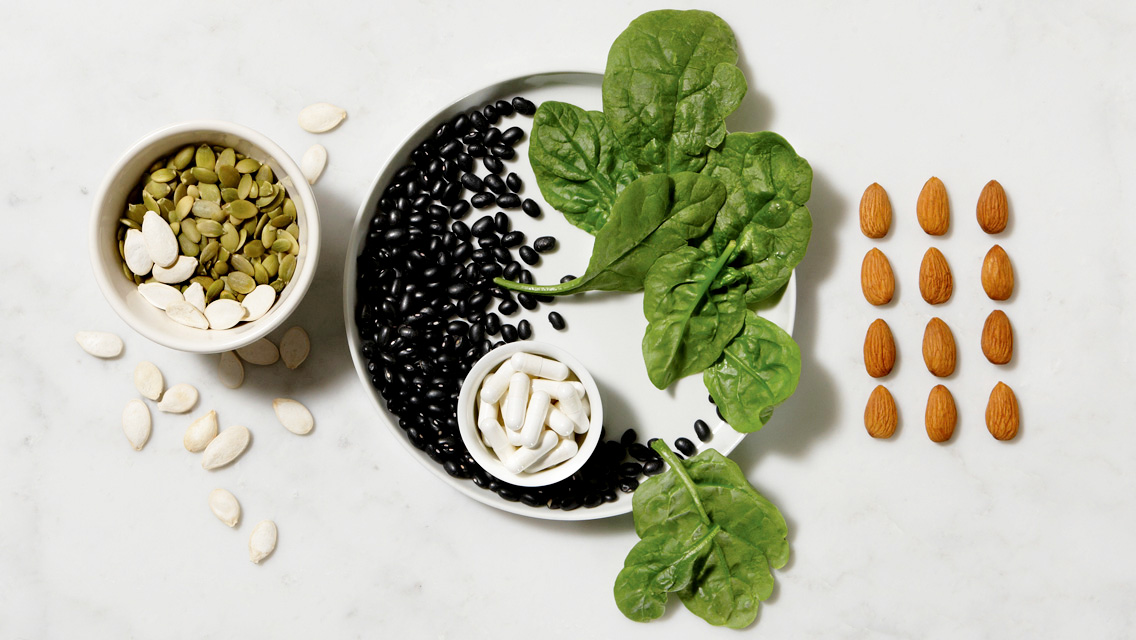Chronic inflammation creates an abundance of pro-inflammatory cells and molecules in the body, explains functional-medicine practitioner Will Cole, IFMCP, DNM, DC, author of The Inflammation Spectrum. These include:
- Tumor necrosis factor
- Interleukins
- Nuclear factor-kappa B
- Prostaglandins
- Free radicals
These substances all play a role in a functioning system, but they cause significant damage when left unchecked. Persistent inflammation can damage insulin-producing cells in the pancreas, leading to high blood-sugar levels and type 2 diabetes.
Over time, inflammation may damage nerves in the brain and spinal cord, contributing to multiple sclerosis. Persistent inflammation in the brain can lead to mood disorders and Alzheimer’s disease. In the gut, it can cause inflammatory bowel disease. In the blood vessels, it can lead to heart disease.
This was excerpted from “How Chronic Inflammation Affects Your Health” which was published in the March 2023 issue of Experience Life.






This Post Has 0 Comments